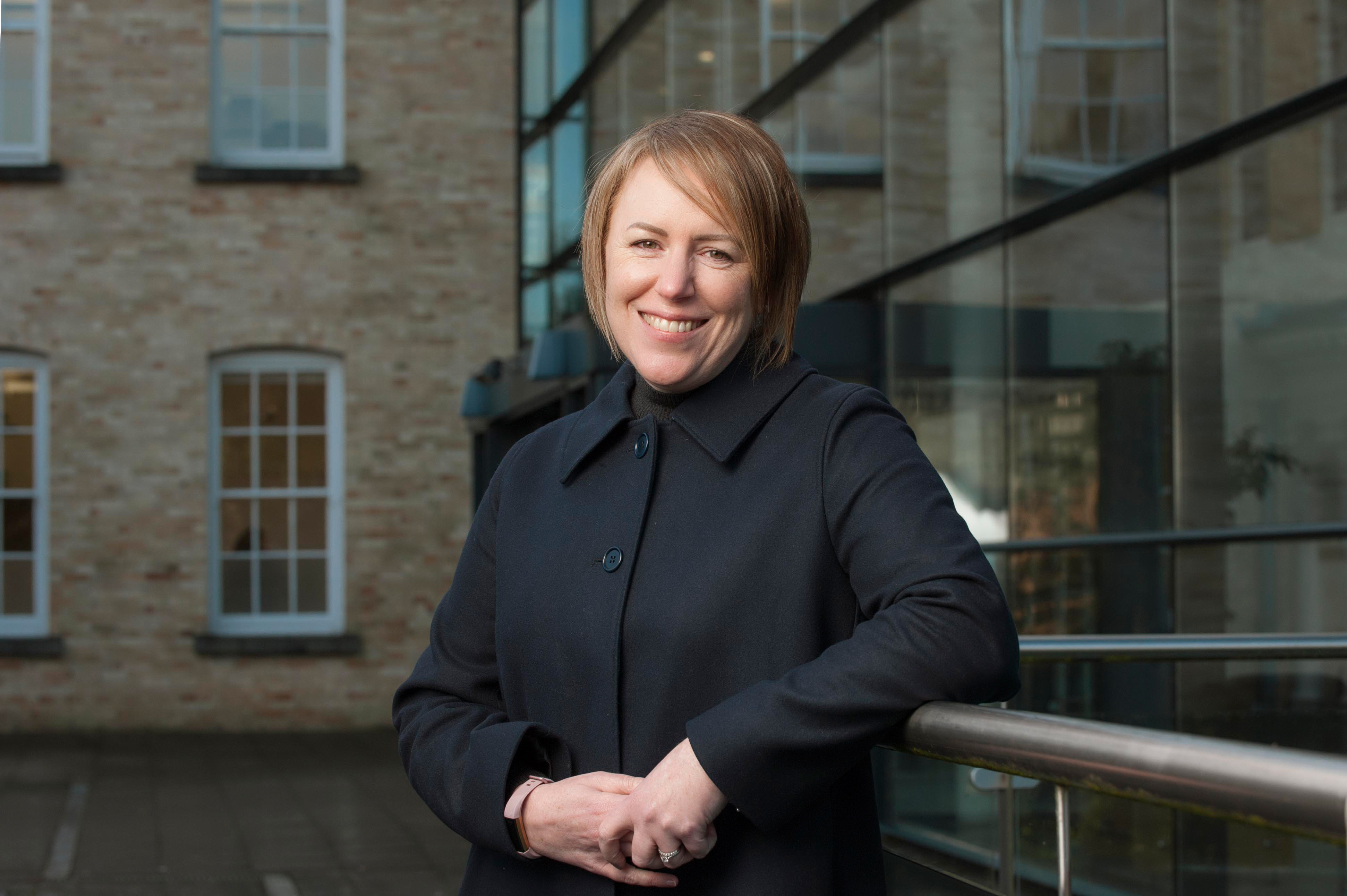“Tell me, what is it you plan to do with your one wild and precious life” asks Mary Oliver (1935-2019) in her beautiful poem The Summer Day. I’ve been thinking about this question a lot lately. I find it inspiring and energizing, and truth be told, somewhat overwhelming at times. Shouldn’t I know the answer to this question by now? After all, I’m a well-educated, well-resourced, 40-something health professional. But in reality, I’m a work in progress, muddling along, living this wild and precious life of mine as best I can. And so, while I think big about the one life I have, composed as it is of years, months, and weeks, I try to ground myself in the unfolding of time, across the 1440 minutes that make up my day. I start small with tiny habits that together can form the building blocks for the routines and rhythms of my days. This is the underpinning of the digital badge, a co-curricular micro-credential, that I have developed for first-year college students at University College Cork called “Everyday Matters: Healthy Habits for Everyday Life”. Over eight sessions and informed by the relevant scientific research, students are guided to reflect on their own time use habits across the 24 hours of their day including sleep, self-care, play & leisure, study & work and how these influence their health and wellbeing, for good or ill. Habits of mind including growth mindset, self-compassion and joy and gratitude are also explored, as their presence or absence can enrich or undermine our daily experiences. Here are some key takeaways from the programme:
- Sleep is your superpower. Every function of our body needs sleep to perform optimally. Rather than seeing sleep as something that can be fitted in when everything else is done, be disciplined about protecting your sleep amidst the busyness of daily life.
- We mostly take our basic self-care activities (like washing, dressing, eating, getting where we need to go) for granted, unless something stops us from being able to do these fundamental activities. Try to think beyond self-care as basic functioning to include self-care as flourishing. What do you need to do in your life to really take care of yourself?
- Play is not just for kids. It’s a biological drive, as essential for wellbeing as sleep and nutrition. We all need time to engage in activities just for fun. When did you last have a really good laugh?
- Study/work is part of life. Feeling like we have a purpose in our lives and can make a contribution to society matters. This may be as a parent, carer, volunteer, student or employee. Instead of focusing on the elusive “work/life balance” or seeing life as all that we do outside of work, consider how you integrate your work into your life.
- Growth mindset is about seeing our ability to learn and develop as something we can grow by working hard, using effective strategies and techniques, seeking support from others and being patient.
- Self-compassion means, when we are having a difficult time, offering ourselves the same care that we often extend to our loved ones. It is not about feeling sorry for ourselves. It is accepting that life can be hard and that everyone has ups and downs. During those times, it’s about recognising the feeling for what it is for now, without dismissing it or without blowing it out of proportion; and responding with kindness, knowing that the feeling will pass.
- Joy and gratitude go hand in hand. It is not about waiting to feel joyful after some great good fortune and then being thankful. Instead, research shows that cultivating a grateful disposition by consciously noticing and savouring good things in our lives, the ordinary as much as the extraordinary, increases the joy we experience, and our wellbeing.
Everyday Matters is underpinned by the idea that what we say and do every day matters. Our health is determined in part by our habits of time and mind. Everyday Matters provides a framework for participants (students or others) to understand this and empower them to take small steps to support their wellbeing and development. But the bigger circumstances of our lives matter as much if not more. Our upbringing, education, our financial status, the homes and communities we live in, our social support, these are critical determinants of health. And so, perhaps the most urgent question for us, individually and collectively, is how we can create a world where everyone matters, where everyone has an equal chance of achieving health, where everyone is enabled to live their one wild and precious life. That is what matters most.


